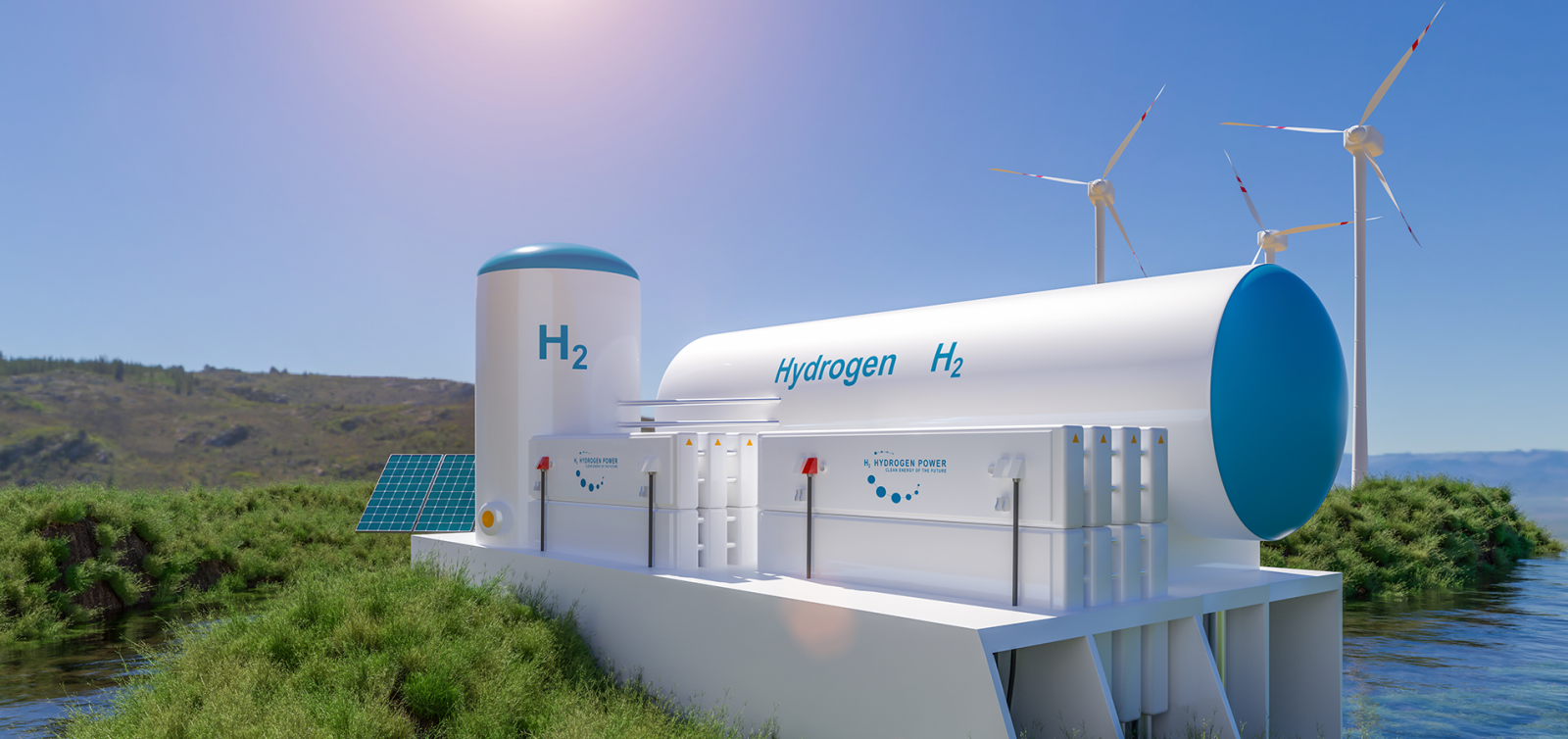HIGHLIGHTS
- The price of European gas standard in the first month of the new year increased by 20% to 84.50 Euro/MWh.
- The laying of pipelines from Russia to send gas to Europe is still limited.
- The increase in the price could fuel price inflation, force industries to limit output, and cause the collapse of electricity suppliers.
FULL ARTICLE
Gas prices in Europe rise sharply
The price of European gas standard in the first month of the new year increased by 20% to 84.50 Euro/MWh. The cause is thought to be a decrease in the flow from Russia through Ukraine, an important route.

Meanwhile, gas demand in the Asia region is likely to increase in the future, which will become a concern in Europe about the worsening supply shortage. If this turns out to be true, Asia will be an attractive market for liquefied natural gas commodities and once again push Europe into fuel starvation.
“While Russian pipe supply to northwest Europe has been incredibly low since the start of the new year, should this persist in the coming days this will undoubtedly provide bullish support once demand begins to pick up again,” said Mr. Tom Marzec-Manser, an analyst for European gas and LNG at pricing agency ICIS.
The reason for the increase in gas prices is due to supply from Russia
Currently, the laying of pipelines from Russia to send gas to Europe is still limited. This means that the gas market will continue to tighten in the near term, leaving Europe more dependent on depleted inventories and liquefied natural gas (LNG).
The flow of gas through the vital Velke Kapusany route in Slovakia has decreased. According to system operator Eustream, fuel requirements have fallen by 70% from about 920 GWh to about 276 GWh a day, which is the lowest level since February 2021.

Gas shipments into Germany via Russia’s Yamal-Europe link have been suspended for 14 days. Pre-orders may still be stopped on January 4, as Gazprom has reset no immigration orders. Gazprom PJSC only sends a certain amount of fuel to customers in the EU under the quota in signed long-term contracts.
Impact of a sharp increase in gas prices
First, rising gas prices sent global LNG exports to record levels last month as projects ramped up production and utilities boosted imports to replenish inventories. Qatar, the US and Australia are the top three exports of supercooled fuel in the world, and they all increased their export volume in December 2021 compared to the same period last year.

In addition, the increase in the price of gas fuel has covered Europe. Specifically, Dutch gas this month will increase by 18.5% to 83.3 Euro/MWh. This price is much higher than usual, having tripled last year. This could fuel price inflation, force industries to limit output, and cause the collapse of electricity suppliers.
In addition, rising gas prices have pushed electricity prices up again. On the EEX exchange, German contracts in 2022 will increase by 3.8% to 124.7 Euro and carbon emission permits by 4.5% up to 85.3 Euro/ton.
Thanh Thao
The Inflationary Era in Turkey













